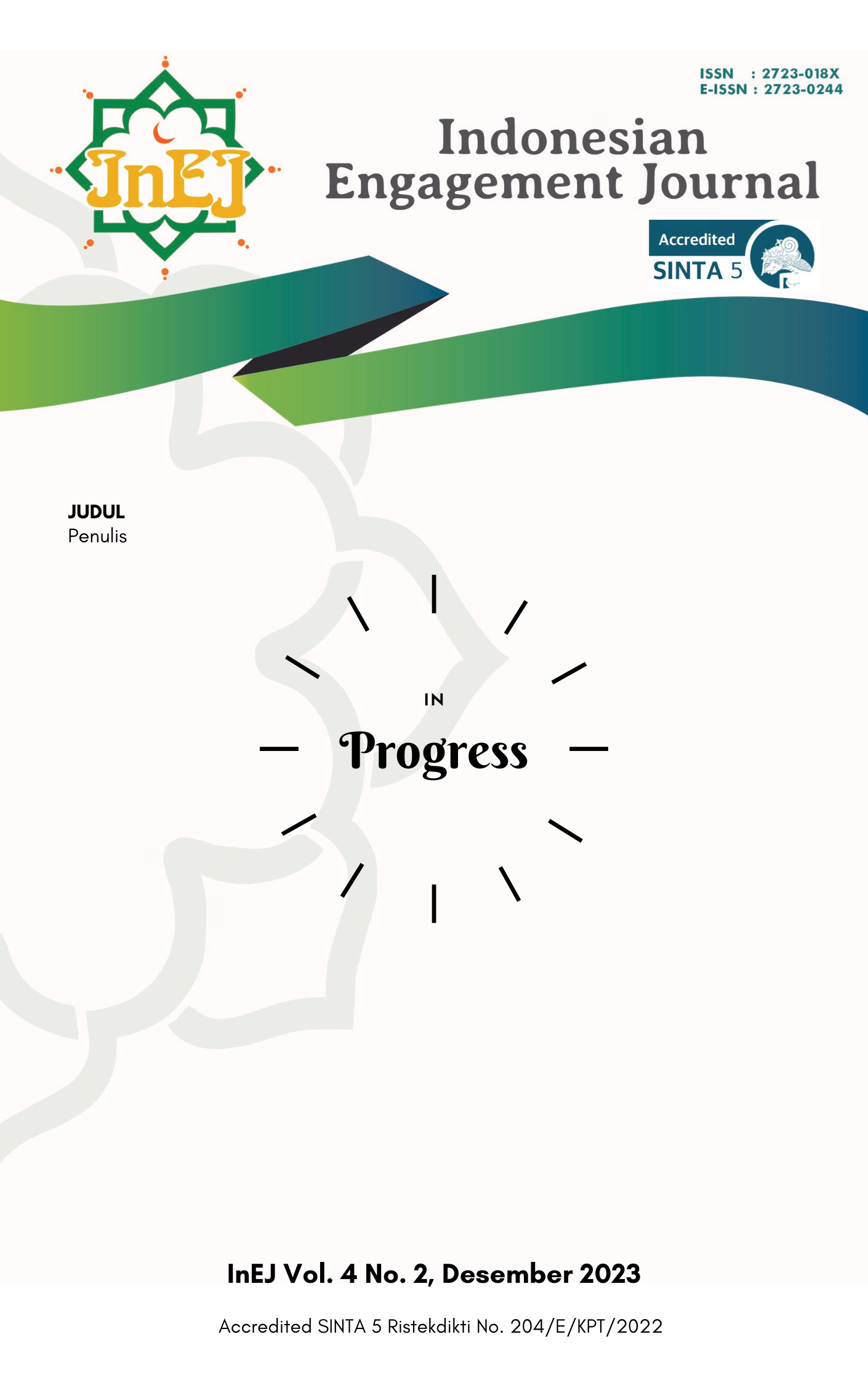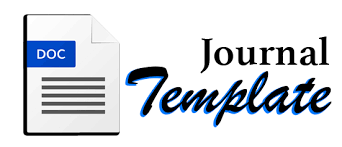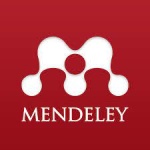MELEK BACA: OPTIMALISASI PERPUSTAKAAN DESA SEBAGAI RUMAH LITERASI BERBASIS P&E BAGI MASYARAKAT DESA GLINGGANG
DOI:
https://doi.org/10.21154/inej.v4i2.7269Keywords:
Training, Public, Digital library, Literation, iPusnas AplicationAbstract
Perpustakaan sebagai pusat informasi yang memiliki peran untuk memberikan layanan informasi bagi penggunanya. Namun tidak dapat dipungkiri bahwa banyak masyarakat yang sudah kehilangan minat baca sehingga perpustakaan yang ada kurang diminati. Tujuan kegiatan penelitian pengabdian masyarakat ini yaitu: 1) memberikan pengetahuan kepada masyarakat tentang pentingnya literasi dalam menumbuhkan minat baca masyarakat desa Glinggang khususnya siswa-siswi Sekolah dasar; 2) melakukan pendampingan pemanfaatan website dan aplikasi ipusnas terhadap masyarakat desa Glinggang sebagai media untuk mencari sebuah informasi secara digital. Metode yang digunakan dalam penelitian pengabdian masyarakat ini adalah metode ABCD (Aset Based Community Driven) dengan 6 tahapan meliputi discovery, dream, design, define, destiny dan reflection. Pelaksanaan kegiatan penelitian pengabdian masyarakatsudah sesuai dengan perencanaan yang telah dibuat. Hasil refleksi menunjukkan bahwa secara umum masyarakat desa Glinggang khususnya siswa-siswi sekolah dasar memberikan umpan balik yang sangat baik terhadap terlaksananya kegiatan program pengabdian msyarakat. Melalui kegiatan pengabdian masyarakat ini harapan dan mimpi masyarakat agar lebih sering dalam melakukan literasi dengan memanfaatkan aplikasi secara digital.
References
Andriani Samsuri. 2021. “Pendekatan Abcd Untuk Meningkatkan Literasi Di Madrasah.” Buletin Abdi Masyarakat 1 (2).
Esti Swatika Sari dan Setyawan Pujiono. 2017. “Budaya Literasi Di Kalangan Mahasiswa FBS UNY.” LITERA 16 (1).
Eti Sumiati. 2020. “Manfaat Literasi Digital Bagi Masyarakat Dan Sektor Pendidikan Pada Saat Pandemi Covid-19.” Buletin Perpustakaan Universitas Islam Indonesia 3 (2).
Hartono. 2017. “Strategi Pengembangan Perpustakaan Digital Dalam Membangun Aksesibilitas Informasi:Sebuah Kajian Teoritis Pada PerpustakaanPerguruan Tinggi Islam Di Indonesia.” Jurnal Perpustakaan 8 (1).
I Wayan Eka Saputra. 2020. “Pendidikan Karakter Dalam Pembelajaran Daring.” Indonesian Values and Character Education Journal 3 (1).
Lantip Diat Prasojo. 2016. “Pengelolaan Perpustakaan Digital Di UPT Perpustakaan UNY.” Jurnal Akuntabilitas Manajemen Pendidikan 4 (2).
Lusi Setyo Wulandari. 2015. “Penyelenggaraan Bedah Buku Sebagai Sarana Promosi Perpustakaan Bank Indonesia Semarang.” Jurnal Ilmu Perpustakaan 4 (3).
Mirza Maulana. 2019. “Asset Based Community Development : Strategi Pengembangan Masyarakat Di Desa Wisata Ledok Sambi Kaliurang.” Jurnal Pengembangan Masyarakat Islam 4 (2).
Muh. Aniar Hari Swasono. 2020. “Membangun Kebiasaan Membaca Pada Anak Di Masa Pandemi Covid-19 Melalui Program Satu Jam Tanpa Gawai Di Griya Baca Desa Karangrejo.” Jurnal Pengabdian Kepada Masyarakat Institut Teknologi Dan Bisnis Asia Malang 1 (2).
Munawar, A. 2007. “Asset Based Communities Development (ABCD): Tipologi KKN Partisipatif UIN Sunan Kalijaga.” JurnalAplikasi Ilmu Agama 8 (2).
Nopilda. L & Kristiawan. M. 2018. “Gerakan Literasi Sekolah Berbasis Pembelajaran Multiliterasi: Sebuah Paradigma Pendidikan Abad Ke 21.” Jurnal Manajemen, Kepemimpinan Dan Supervisi Pendidikan 3 (2).
Retno Sayekti and Mardianto. 2019. Perpustakaan Digital. Medan: Perdana Publishing.
Suragangga, I. M. N. 2017. “Mendidik Lewat Literasi Untuk Pendidikan Berkualitas.” Jurnal Penjaminan Mutu 3 (2).
Tim LPPM IAIN Ponorogo. 2021. Pedoman KPM-Daring Dari Rumah 2021 Istitut Agama Islam Negeri Ponorogo. Ponorogo: LPPM IAIN Ponorogo.
Wandasari, Y. 2017. “Implementasi Gerakan Literasi Sekolah (GLS) Sebagai Pembentuk Pendidikan Berkarakter.” Jurnal Manajemen 1 (1).
Downloads
Published
Issue
Section
License
Please find the rights and licenses in InEJ. By submitting the article/manuscript of the article, the author(s) agree with this policy. No specific document sign-off is required.1. License
The non-commercial use of the article will be governed by the Creative Commons Attribution license as currently displayed on Creative Commons Attribution-NonCommercial-ShareAlike 4.0 International License.
2. Author(s)' Warranties
The author warrants that the article is original, written by stated author(s), has not been published before, contains no unlawful statements, does not infringe the rights of others, is subject to copyright that is vested exclusively in the author and free of any third party rights, and that any necessary written permissions to quote from other sources have been obtained by the author(s).
3. User/Public Rights
The spirit of InEJ is to disseminate articles published are as free as possible. Under the Creative Commons license, InEJ permits users to copy, distribute, display, and perform the work for non-commercial purposes only. Users will also need to attribute authors and InEJ on distributing works in the journal and other media of publications. Unless otherwise stated, the authors are public entities as soon as their articles got published.
4. Rights of Authors
Authors retain all their rights to the published works, such as (but not limited to) the following rights;
Copyright and other proprietary rights relating to the article, such as patent rights,
The right to use the substance of the article in own future works, including lectures and books,
The right to reproduce the article for own purposes,
The right to self-archive the article,
The right to enter into separate, additional contractual arrangements for the non-exclusive distribution of the article's published version (e.g., post it to an institutional repository or publish it in a book), with an acknowledgment of its initial publication in this journal (InEJ: Indonesian Engagement Journal).
5. Co-Authorship
If the article was jointly prepared by more than one author, any authors submitting the manuscript warrants that he/she has been authorized by all co-authors to be agreed on this copyright and license notice (agreement) on their behalf, and agrees to inform his/her co-authors of the terms of this policy. InEJ will not be held liable for anything that may arise due to the author(s) internal dispute. InEJ will only communicate with the corresponding author.
6. Royalties
Being an open accessed journal and disseminating articles for free under the Creative Commons license term mentioned, author(s) aware that InEJ entitles the author(s) to no royalties or other fees.
7. Miscellaneous
InEJ will publish the article (or have it published) in the journal if the article’s editorial process is successfully completed. The editors of Journal may modify the article to a style of punctuation, spelling, capitalization, referencing and usage that deems appropriate. The author acknowledges that the article may be published so that it will be publicly accessible and such access will be free of charge for the readers as mentioned in point 3.




